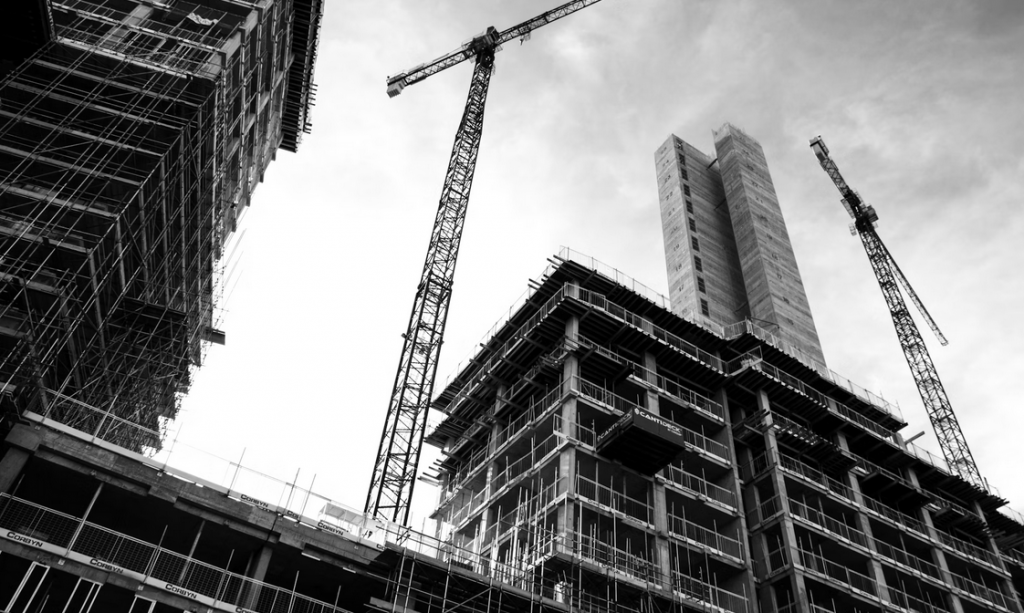Property development investment is a dynamic and potentially lucrative venture that requires careful planning, strategic decision-making, and a deep understanding of market trends.
Whether you’re a seasoned investor or just starting in the industry, there are essential tips to consider to maximize your chances of success. This comprehensive guide will delve into key strategies and insights to help you navigate the complexities of property development investment and achieve your financial goals.
- 1. Thorough Market Research
- 2. Define Clear Investment Objectives
- 3. Build a Strong Network
- 4. Financial Planning and Budgeting
- 5. Risk Management
- 6. Location Selection
- 7. Due Diligence and Feasibility Analysis
- 8. Sustainable Development Practices
- 9. Effective Project Management
- 10. Adaptability and Flexibility
- 11. Legal and Regulatory Compliance
- 12. Exit Strategy
- Maximizing Success in Property Development Investment
1. Thorough Market Research
Before diving into any property development project, conducting comprehensive market research is crucial. This involves analyzing current trends, demand-supply dynamics, demographic shifts, and economic indicators in the target location.
Understanding the local market conditions will help you identify promising investment opportunities and mitigate risks associated with oversupply or underserved markets.
2. Define Clear Investment Objectives
Clearly define your investment objectives and risk tolerance levels before starting any property development venture. Are you looking for short-term gains through flipping properties, or do you aim for long-term passive income through rental properties? A clear investment strategy will guide your decision-making process and ensure alignment with your financial goals.
3. Build a Strong Network
Networking is a cornerstone of success in property development investment. Cultivate relationships with local experts, such as Estate Agents Cannock, who have in-depth knowledge of the local market, as well as property developers, financiers, contractors, and other industry professionals.
A strong network can provide:
- Valuable insights
- Access to off-market deals
- Opportunities for collaboration that can significantly enhance your investment endeavors
4. Financial Planning and Budgeting
You should create a detailed financial plan and budget to complete your property development projects successfully. Include all of the expenses that are related to the purchase of the following:
- Land
- Building
- Permits
- Legal fees
- Marketing
- Any potential unforeseen circumstances
It is of the utmost importance to accurately estimate the costs involved and ensure that adequate cash reserves are available to cover any unforeseen charges or delays that may occur during the development process.
5. Risk Management
Financial investments in real estate development are intrinsically fraught with several dangers, such as market fluctuations, regulation alterations, construction delays, and economic downturns. Putting adequate risk management measures in place can help you reduce the likelihood of potential dangers to your investment portfolio.
When it comes to sound risk management, some of the most important components include:
- Diversification
- Insurance coverage
- Extensive due diligence
- Contingency planning
6. Location Selection
Location is an essential component that can significantly influence the extent to which your real estate development projects are successful. It is necessary to select places with solid economic fundamentals, growth possibilities, and good demographic trends.
Increasing the appeal and marketability of your homes can be accomplished by placing them near various amenities, transit hubs, schools, employment centers, and recreational facilities.
7. Due Diligence and Feasibility Analysis
A comprehensive due diligence and feasibility investigation should be carried out for each potential property development opportunity. Determine whether or not the location is suitable, considering zoning rules, environmental concerns, the availability of infrastructure, and any prospective development constraints.
It is necessary to analyze the demand-supply dynamics and the competitive environment to ascertain the viability and profitability of the project.
8. Sustainable Development Practices
It would help if you embraced sustainable development approaches to future-proofing your property assets and increasing their worth over the long term. To lessen the impact on the environment and the expenses of operation, it is essential to incorporate energy-efficient design features, green building materials, and environmentally friendly amenities.
To get a competitive advantage in the market, sustainable developments are being increasingly sought after by renters, investors, and regulatory authorities.
9. Effective Project Management
An efficient project management system is one of the most critical factors in ensuring that property development projects are finished on time and under budget. It is essential to establish clear timeframes, milestones, and performance benchmarks to monitor progress and ensure that budgetary limitations are adhered to.
Regular communication with stakeholders, contractors, and suppliers is critical to address any problems as soon as possible and reduce the amount of time that delays take.
10. Adaptability and Flexibility
The real estate development landscape constantly evolves, impacted by shifting market conditions, technological breakthroughs, and regulatory reforms. Always remember to maintain a fluid and adaptable approach when it comes to the implementation of projects and investment strategies.
To capitalize on new development areas and maintain a competitive advantage over other businesses, it is essential to remain updated about the trends, developing opportunities, and potential disruptors in the sector.
11. Legal and Regulatory Compliance
Ensuring compliance with legal and regulatory criteria is paramount for property development investment. Seek the advice of an experienced attorney to successfully negotiate the many zoning rules, construction codes, permit requirements, and land use regulations.
To avoid incurring expensive penalties or delays, you should ensure that your projects comply with all applicable health, safety, and environmental regulations.
12. Exit Strategy
To ensure you receive the most possible investment returns, you should devise a distinct exit strategy for each property development venture. Having a well-defined exit strategy is vital to achieve your financial goals. This is true regardless of whether you intend to sell the finished properties, keep them as rental assets, or investigate alternate exit possibilities such as joint ventures or property syndication.
Maximizing Success in Property Development Investment
Property development investment offers lucrative opportunities for wealth creation and portfolio diversification. Still, success requires meticulous planning, diligent execution, and continuous adaptation to changing market dynamics.
By implementing the essential tips in this guide, investors can mitigate risks, capitalize on opportunities, and achieve sustainable long-term growth in their property development ventures.
With careful consideration of market fundamentals, strategic decision-making, and adherence to best practices, investors can unlock the full potential of property development investment and build a prosperous real estate portfolio.



